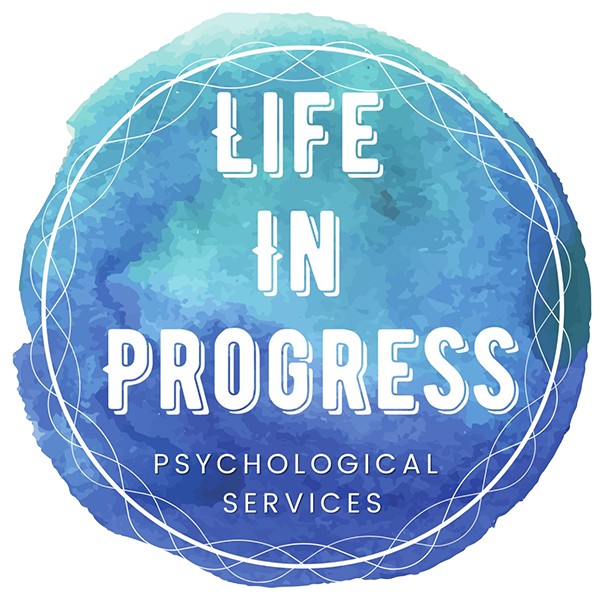Mental health is an integral part of our overall well-being, impacting how we navigate life’s challenges and cultivate fulfilling relationships. However, despite growing awareness and destigmatization, men often face unique barriers in seeking mental health treatment. Societal expectations, cultural norms, and traditional notions of masculinity can create a complex web of obstacles that prevent men from seeking the help they need. In this blog, we will explore some of the reasons behind men’s reluctance to seek mental health treatment and provide actionable steps to overcome these barriers.

Unraveling the Stigma and Societal Expectations
Men’s mental health has long been shrouded in societal expectations and stigma that strongly discourage emotional vulnerability and seeking help. Traditional masculinity norms promote stoicism and self-reliance, leaving men hesitant to share their emotional struggles or seek support.
Part 1: Traditional Masculinity
The Stoic Ideal: Throughout history, men have been taught to embody stoicism, displaying emotional restraint and strength. This ideal often discourages men from expressing vulnerability or seeking help for their emotional well-being.
Self-Reliance: Society often emphasizes the value of self-reliance, making men hesitant to admit vulnerability or ask for support. This mindset can lead to isolation and a reluctance to share their emotional struggles.
Part 2: Stigma and Misconceptions
The Stigma of Weakness: Despite advancements in mental health awareness, stigma surrounding mental health issues continues to exist. Men may fear being perceived as “weak” if they seek help for emotional struggles.
Misconceptions about Mental Health: Misunderstandings about mental health can further deter men from seeking assistance. They may worry that their feelings will be dismissed or that they will be labeled as “crazy.”
Part 3: Fear of Vulnerability
Fear of Judgment: Men may fear being judged by others if they express their emotions or disclose their mental health challenges. This fear can prevent them from reaching out for support.
Cultural Expectations: Cultural expectations can reinforce the idea that men should be emotionally strong and unaffected by challenges. This can lead to suppressing emotions and avoid seeking help.
Breaking the Silence: Actionable Steps for Men
- Normalize Emotional Expression: Challenge the notion that expressing emotions is a sign of weakness. Encourage open conversations about mental health among friends, family, and colleagues to create a more accepting and supportive environment and increase men’s comfort in expressing their feelings.
- Challenging Stereotypes: Challenging traditional masculinity norms and embracing a broader definition of strength can empower men to seek help and share their emotions more freely.
- Creating Safe Spaces: Providing safe spaces where men can talk openly about their emotions and mental health struggles without fear of judgment or ridicule can foster a supportive community.
- Educate and Raise Awareness: Promote mental health literacy and debunk myths surrounding mental health. Encourage men to learn about common mental health challenges and the benefits of seeking professional help.

The Power of Therapy for Men
Therapy can be an empowering space for men to address mental health concerns. Here’s how therapy can specifically help men.
- Non-Judgmental Environment: I provide a safe and confidential space where men can express their emotions without fear of judgment or societal expectations. This freedom to explore feelings openly allows for deep healing and growth.
- Building Emotional Intelligence: Through therapy, I equip men with tools to identify, understand, and manage their emotions effectively. Developing emotional intelligence enhances
communication, fosters better relationships, and leads to a greater sense of self-awareness. - Challenging Negative Beliefs: I work with men to challenge harmful beliefs and societal norms that hinder emotional expression. This process encourages personal growth and the development of a healthier and more authentic sense of self.
- Creating Coping Strategies: I help men develop coping strategies to manage stress, anxiety, and other emotional challenges. Learning healthy ways to navigate emotions empowers men to respond effectively to life’s ups and downs.
- Addressing Trauma and Grief: Men may carry unresolved trauma or grief, which can manifest in various ways. In therapy, we can safely explore and process these emotions, finding healing and relief from your emotional burden.
Unraveling the stigma and societal expectations surrounding men’s mental health requires a collective effort to promote open conversations, challenge stereotypes, and create safe spaces for emotional expression. Breaking free from the shackles of traditional masculinity norms empowers men to seek help and prioritize their mental well-being. By challenging societal norms, seeking social support, and prioritizing self-care, men can take important steps towards embracing their emotional needs. In therapy, men can find a supportive and empowering space to explore their emotions, cultivate
resilience, and embrace their authentic selves. It is time to rewrite the narrative of masculinity and embrace emotional well being as a strength, not a weakness. Together, we can break the silence surrounding men’s mental health and create a world where emotional empowerment is celebrated, and every man can find the support he needs to thrive. Remember, seeking help is a sign of strength, and no one should suffer in silence. Let us stand together, dismantling stigma, and empowering men to embrace their vulnerability and mental health with pride and courage.

